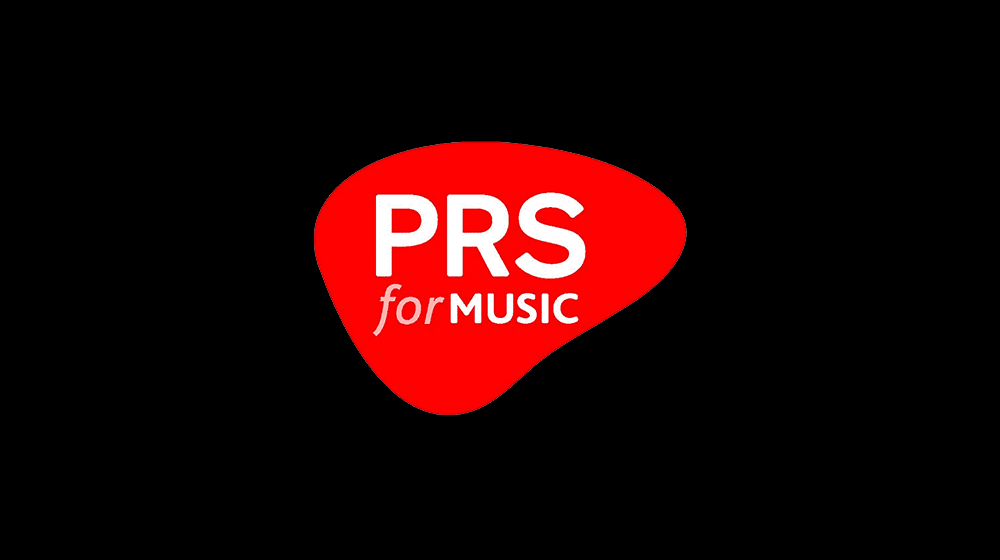
Lewi wondered where the money was going to come from. Diarmuid said that
the winners used to pay for the losers at Warner Brothers, but now the
extreme winners have gone indie and there's not enough cash for R&D. What a
dilemma!
Marty said all you had to do was release the equity in the recordings.
Did you read that Tom Friedman piece in the "New York Times" on Wednesday,
criticizing the concept of a Detroit bailout?
This is the relevant point:
"…our bailout of Detroit will be remembered as the equivalent of pouring
billions of dollars of taxpayer money into the mail-order-catalogue business
on the eve of the birth of eBay."
http://www.nytimes.com/2008/12/10/opinion/10friedman.html?–r=1
That's the story with the mainstream music business. Always one step
behind, complaining to the legal system that the old way must be preserved,
that we're going to lose something utterly vital if the system doesn't
remain the same.
That's what major labels want. Incredible exposure that will drive
high-priced sales. Ditto for promoters. The fact that they're pricing
themselves right out of business never seems to be addressed. As for the
underpinnings…they've been crumbling for a decade and all the old
institutions want is more. More rights, since they can't make their numbers
the old way.
And then there's Corey Smith.
I was leading a discussion in Aspen about the modern music business. The
question came up whether you needed a major label. Jonathan Levine, an
agent at Monterey, said he never considered a major deal as being necessary
to sign an act. Actually, he found when majors shopped acts to agents,
those acts tended not to succeed. Marc Reiter said Warner had done an
incredible job with Mission Metallica, giving away content every single day
in the run-up to the release of "Death Magnetic". But he wouldn't commit to
re-signing the band to WB. And then Marty Winsch told the story of his
client Corey Smith.
Corey was a high school teacher. Playing gigs on the weekend. Marty was
booking a venue. Was there any way to make headway, for Corey to support
his wife and two kids playing music?
Absolutely said Marty. But first they had to release the equity in Marty's
recordings. They had to make them free on his site. To everybody.
And it was this giving away of the music that was Corey Smith's tour
support. They didn't need a nickel from a label or a fat cat. Because once
people heard Corey's music, they had to see him live.
Which they did. In 2007, Corey Smith grossed $1.7 million. This year, not
even half a decade into Marty's management of the act, Corey's going to
gross $4.2 million. Free music built the base. Fan rabidity blew the act
up.
You can buy the tracks on iTunes. They've sold 420,000 so far. When they
experimented last summer, and took the free tracks down from Corey's site,
iTunes sales went DOWN! So, they put the free tracks back up. Actually,
people e-mail Marty every day, asking for a track. AND HE JUST E-MAILS THE
SONG BACK!
Not everybody's ready to commit right up front. The free music allows
people to try Corey out.
They don't want radio play. They gave a station in a city sixty tickets to
give away, but only on the condition that they DIDN'T play the songs. Marty
wants people to experience Corey Smith live. That's where it happens.
And Marty wants it to be easy. So therefore, he sells FIVE DOLLAR TICKETS!
Yes, he rewards fans. Tickets are CHEAPER on the on sale date. And let me
ask you, how many people are going to tell their friends they scored such a
deal? And maybe drag them along with! That's your marketing. Your fan
base. It isn't about hiring a PR firm or using Twitter. Actually, Marty
pooh-poohs most technology. He says you've got be wary that the technology
doesn't get ahead of, doesn't overwhelm the act. He doesn't use Google
Analytics to find out where each and every fan is. Marty goes on feel. He,
and his uber agent Cass Scripps just go into a new territory, and although
the first gig might be soft, the one after that never is. Because Corey
delivers.
Actually, that's important. Marty has tried releasing the equity, giving
away the music of other acts. But they haven't succeeded. Because they're
just not good enough.
If you're truly good, you don't need anybody else's money, your recordings
can be your tour support, they can put bodies in the seats, you can build a
career.
But Diarmuid exclaimed, you're leaving so much money on the table! But this
slow growth plan makes fans, keeps them connected, keeps them coming to the
show. Explode it and you might make a killing overnight, but then what are
you going to do tomorrow?
Nobody could criticize what Marty had to say. They just marveled and were
envious. Because Marty had exactly what they wanted, a gold mine. And it
was based purely on music. No corporate sponsorship, nothing the talking
heads tell you is necessary to succeed in this business today.
Are you as good as Corey Smith?
Probably not. Which is why you keep complaining that everything you do
doesn't deliver results.
If you've got something truly great are you willing to manage it? Willing
to say no instead of yes? Yes when everybody else says no?
Whenever anybody e-mails Marty and asks if they can meet Corey, Marty always
says YES! He tells them when to show up for the meet and greet. This is
the new paradigm. Eliminating the gulf between the act and fan. Trusting
your audience. That if you're damn good, they'll give you all their money.
You don't have to play by the old rules. You don't need any money. You
just need good music. And good management.



















































